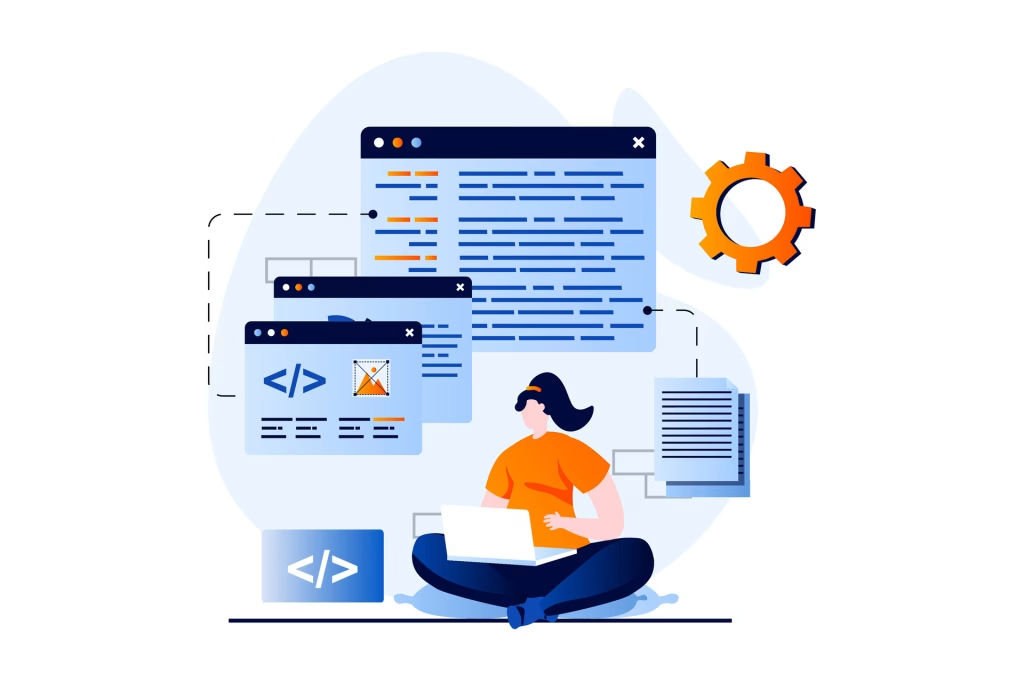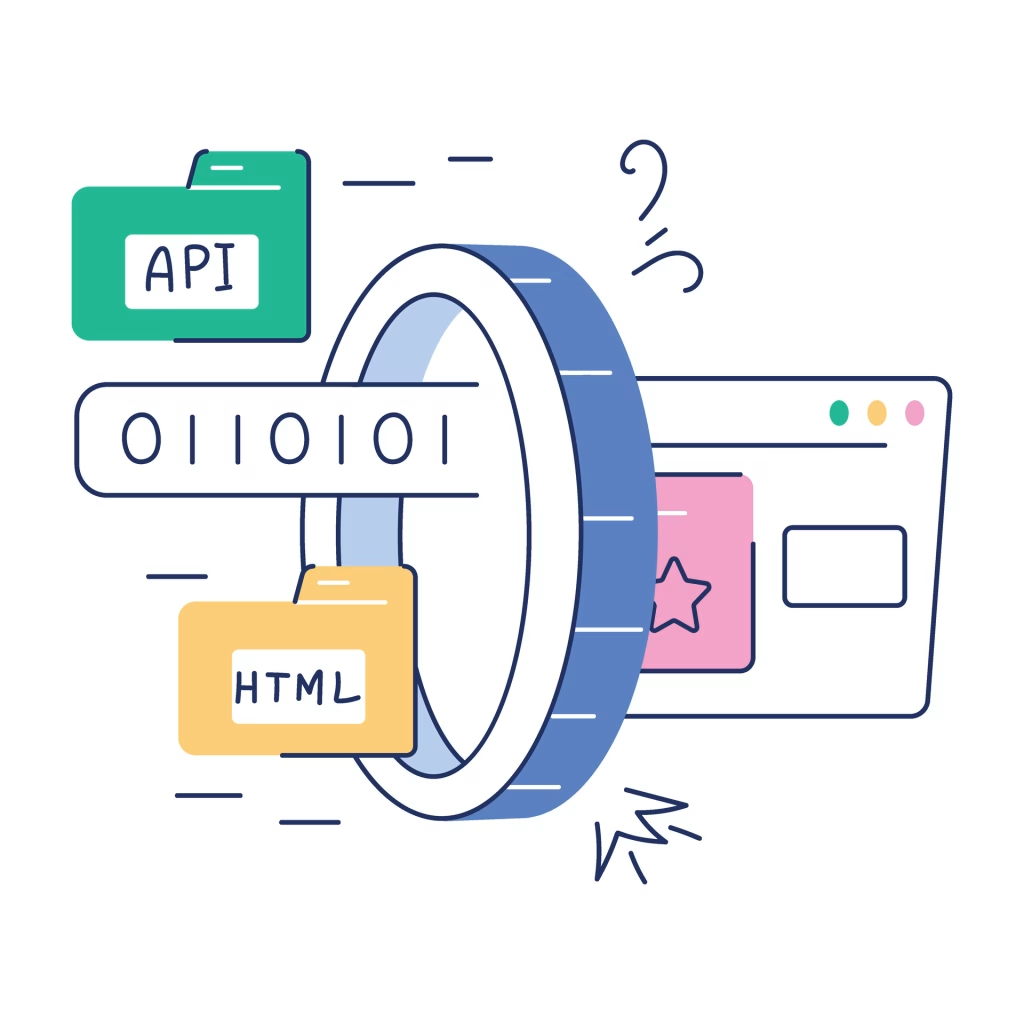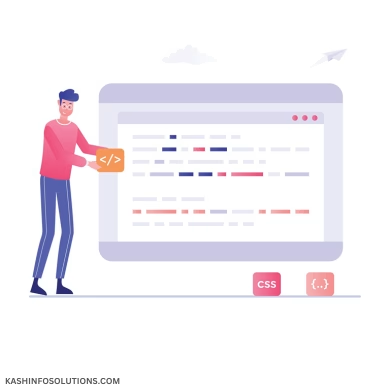Outsourcing Symfony Development for Efficiency and Cost Savings
- Service
- Technology
- Industry
- Portfolio
- Company
- Blog
- Contact Us

Symfony Tips and Tricks for Developers are essential for making the most out of this broad PHP framework, which supports the utilisation of components as much as possible and accelerates development. It provides a host of features, including best practice paradigms for developing custom applications to support complex needs.
Now we have the advantages of many frameworks, above all the Symfony framework. For developers interested in making the most of their time with Symfony, here are a couple of significant advantages you may expect from utilising the Symfony framework:

Symfony Tips and Tricks for Developers: Implementing best practices while using this robust PHP framework can prove to be beneficial in the long run. Symfony has always been one of the favourites of many developers because of its modularity, ease of making changes, and a vibrant community around it. Tips and Tricks for Developers in Symfony can also help you optimise your experience further:
It’s a set of components that allows developers to use only those parts of Symfony that are actually needed, which means it is possible to apply Symfony Tips and Tricks for Developers that make their projects smooth.
According to the project needs, you can bend Symfony to fit those needs. The flexibility of Symfony provides developers the freedom to follow Symfony Tips and Tricks for Developers to make their applications more adaptable.
A beneficial community offers resources and documents that are effective in solving problems. With Symfony Tips and Tricks for Developers, you have the ability to tap into the knowledge that helps you maximise this active Symfony ecosystem.
Before we delve into Symfony tips and tricks for developers, let’s first establish the foundation for setting up an environment using Symfony.
Familiarising yourself with Symfony’s directory structure can save you quite a lot of time. The following are Symfony tips and tricks for developers that will guide you through the core folders:
/src: This contains your PHP code (controllers, entities, etc.)./templates: Use Twig templates to render your views./config: temporary files related to routing and service configurations./var: This is where cache, log, and temporary files are stored.
Once you’re set up, here are some core Symfony tips and tricks for developers to enhance your development process:

As you grow more comfortable with Symfony, explore these advanced development solutions, which are part of Symfony Tips and Tricks for Developers, to refine your projects:
services.yaml to define services effectively.In Symfony application development, follow these Symfony tips and tricks for developers to create sustainable and efficient applications:
Some of the challenges that often come with Symfony development that firms face include Like any framework, developers working with Symfony may have problems. Symfony Tips and Tricks for Developers can help overcome these hurdles:
It is going to take time mastering Symfony. Optimise your learning curve in mastering Symfony by using Symfony Tips and Tricks for Developers so that you can significantly boost up your development process. With these strategies, regardless if you are new or even just refreshing your memory and skills with Symfony, be guided on the proper mastering of its features on improving your software development.
In order to further consolidate what you have learnt here, subscribe to Symfony Tips and Tricks for Developers, explore further into the documentation, and try out other settings.
This content has been thoughtfully written and crafted by the Author Kailash Sharma, ensuring that it is both engaging and informative for the readers. Happy coding!
Ready to take the first step towards unlocking opportunities, realizing goals, and embracing innovation? We're here and eager to connect.

